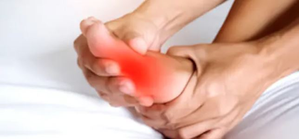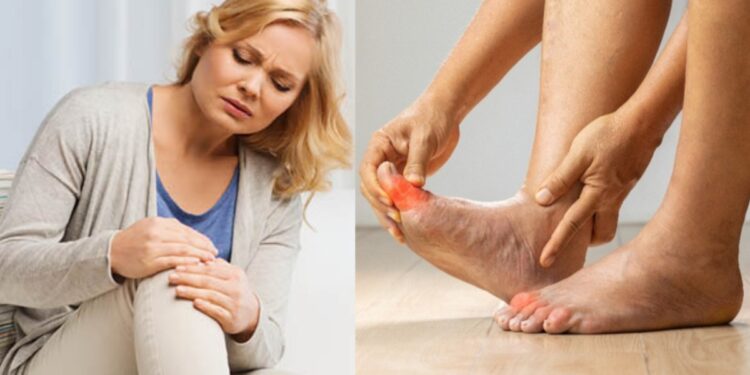New Delhi, 12 February (IANS). The GBS syndrome is constantly coming to the fore. So far many people have been vulnerable to it. In view of this, many types of questions are coming in the minds of people. For example, what is this? How is it spreading? What is its initial symptom? What should the patient do immediately after seeing its symptoms?
With all these questions, IANS had a special conversation with Dr. Kameshwar Prasad of Fortis Hospital. He explained in detail what is this? How to avoid this? What can be the initial symptoms of this?
Dr. Kameshwar Prasad explains that the full name of GBS is ‘Gilian-Baire Syndrome’. It was first desired by Gilian-Baire Syndrome. It mainly affects our hands and feet. Our walk is possible only with the veins. The message of walking reaches the hands and feet from the brain, only then we can walk again. But, when it is disconnected, our walk becomes impossible. You can say that it is a nerves disease, which is called Neerpathy. The most common symptom of this is weakness in hands, feet.
Dr. Prasad further states that sometimes a person is paralyzed due to its grip. The person is unable to speak, even he is unable to eat and drink. Many times there is difficulty in breathing. In such a situation, the patient has to be poured on the ventilator. Sometimes the patient is not cured even after going to the ventilator, then he dies. The most prominent symptoms of this disease are weakness in the hands and feet. It first affects the legs.
Dr. told that after getting into the grip of this disease, the patient has difficulty in getting up. In the initial stages, the patient may have difficulty in getting up in the bathroom, but if he tries, he can sit up. However, gradually his problems begin to increase. At the same time, after its grip, the patient realizes after a few days that he does not get up without any support. Even any organ of his body stops movement. After this, in two to three days, the patient goes on wheelchair.
He says that the patient should go to the hospital when the initial symptoms appear. If a person who has a fever or diarrhea a week ago, he should immediately contact the doctor if he sees such symptoms. The initial symptoms of this disease are difficult to rise and sit.
Dr. explains that patients of any age can be vulnerable to it, but the highest number of people between the ages of 15 to 30 years and 50 to 70 years are in the grip of this disease.
-IANS
SHK/CBT






